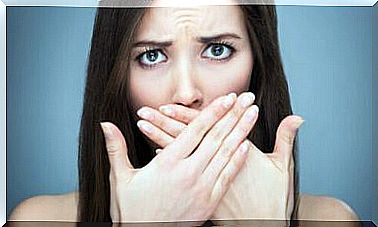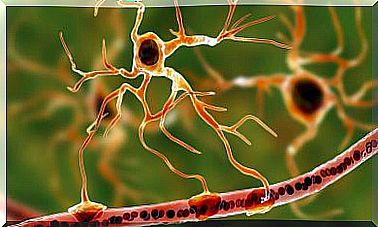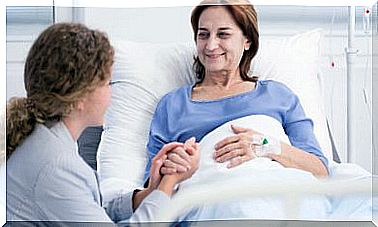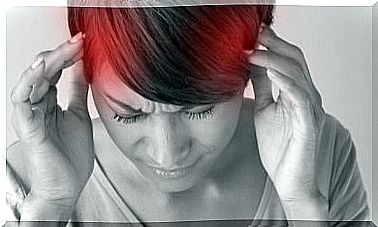Childhood Schizophrenia: Everything You Need To Know
Childhood schizophrenia can cause thought disorders, aggressive behavior and sudden changes in their emotions in children.
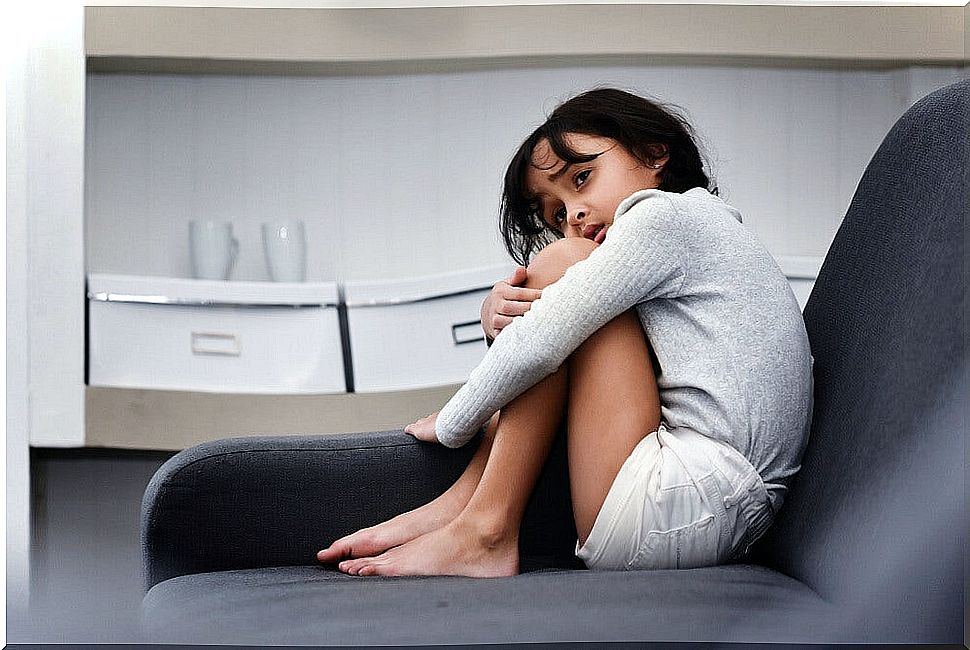
Do you know what childhood schizophrenia consists of? This is a rare but serious mental illness about which much remains to be investigated and discovered. In addition, it requires lifelong treatment.
Schizophrenia is a chronic psychotic disorder. It is associated with severe deficits in cognition, personality disorders, hallucinations, and loss of contact with reality. Here we explain more about this disease in children.
General facts about childhood schizophrenia
In most cases, the onset of schizophrenia occurs between the ages of 14 and 35, as indicated by a team of researchers from the Henry Ford Health System. Between 13 and 18 years is considered early onset, while if the age is earlier, the prognosis is usually quite unfavorable.
However, only 1 in 10,000 children are diagnosed in infancy. These data make childhood schizophrenia a rare but serious mental illness.
Everything you need to know about childhood schizophrenia
There are some key facts about childhood schizophrenia that you may be interested in knowing. Here are some of them:
Are hallucinations the main symptom?
First of all, we must know that hallucinations are not always the confirmation of childhood schizophrenia. They can also be due to psychological trauma or some type of autism.
Children with schizophrenia also suffer from a thought disorder, impulsive aggressive behavior, and other negative symptoms such as apathy or social isolation. The latter could also be confused with depressive states. Therefore, a diagnosis that takes into account the entire clinic is important.
Other symptoms of childhood schizophrenia
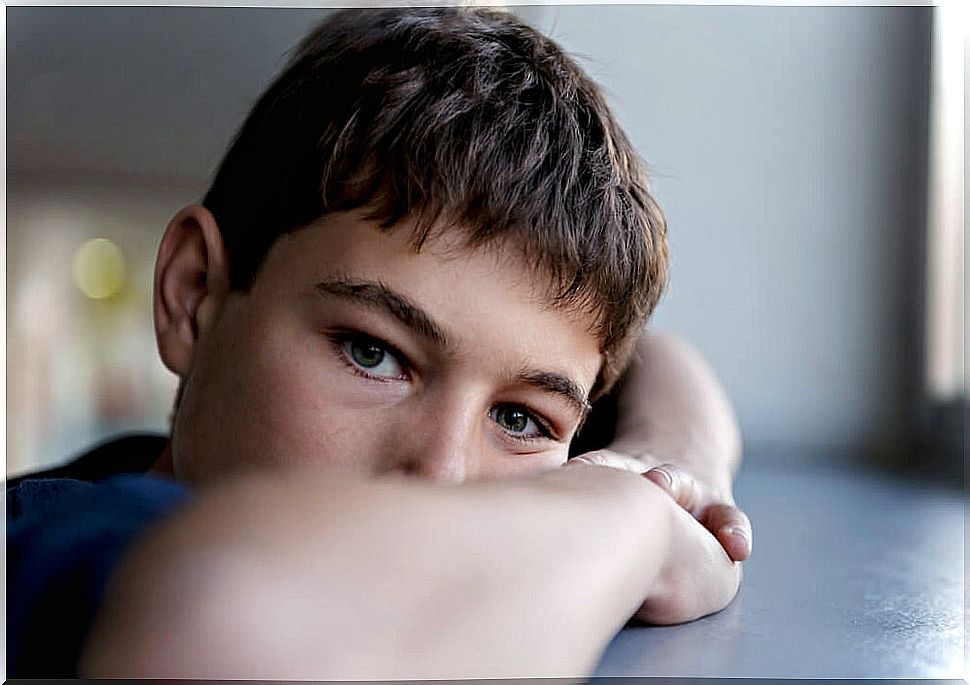
In general, schizophrenia is characterized by problems that affect thinking, behavior, and emotions. Delusions and hallucinations are common, as well as disorganized speech.
Unfortunately, this disease is difficult to detect in the early stages. However, children may experience delays in speech and also in crawling and walking. Also other atypical motor behaviors such as shaking some parts of the body or swinging.
Later, other disorders such as strange behaviors and alterations in behavior with family and friends may arise. Trouble sleeping, irritability, and lack of motivation are also common features.
Violent children
Other symptoms of childhood schizophrenia is the violent attitude, about which much remains to be studied at such an early age. This study published in 2013 in the Mental Illness Journal was based on children between 4 and 15 years of age with schizophrenia spectrum diseases.
72% had a history of violent behavior, while a third stood out for being very aggressive. Of these episodes, in some cases a specific cause is not found, which is why it is considered impulsive violence and of internal origin.
Is the cause known?
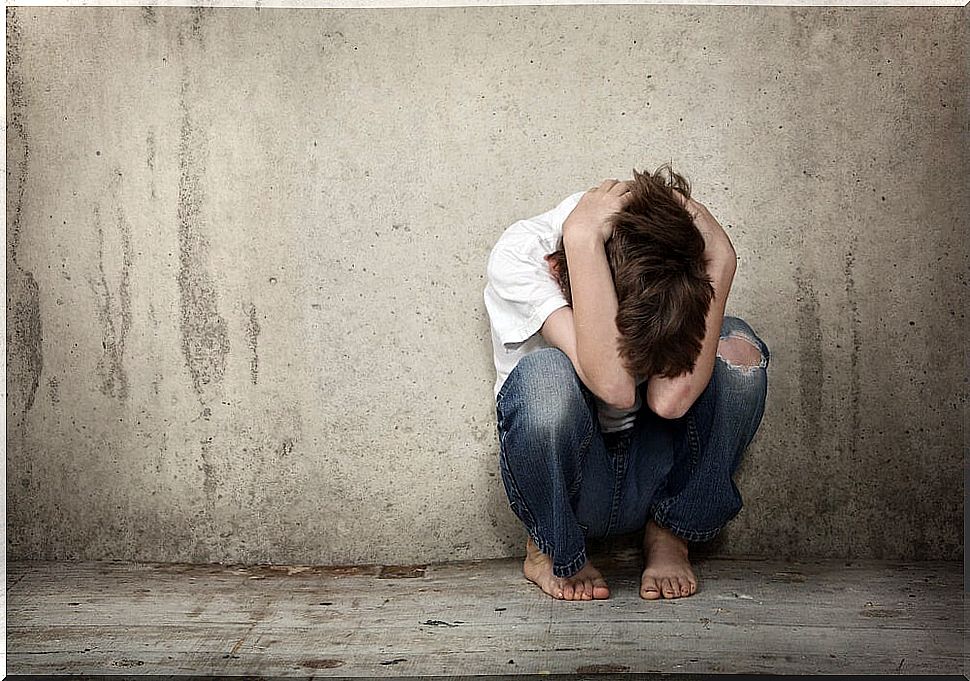
The cause of childhood schizophrenia, which may be the same as in adults, is not yet known. Studies point to genetic causes and alterations in brain chemical processes (dopamine and glutamate).
However, some factors are known that can influence the appearance of this disease:
- Family history of this disease.
- Consumption of psychoactive drugs.
- Alteration of the immune system.
- Complications during pregnancy or childbirth.
- Elderly father.
Suicide risk is high
One of the great fears of patients and their families, as well as doctors, is the risk of suicide. This is something very important to keep in mind since statistics show that 90% of young people who commit suicide suffer from a mental disorder.
Specifically, 30% of young people suffering from schizophrenia will attempt suicide throughout their lives. Therefore, monitoring is essential from an early age.
What is the treatment for childhood schizophrenia like?
Treatment for schizophrenia is lifelong, whether it begins in childhood or in adulthood. The most important thing is to start it as soon as possible in order to reduce psychotic episodes and their long-term effects.
Now you know a little more in depth about the symptoms and characteristics of childhood schizophrenia. Remember that many symptoms can be related to other mental disorders. Therefore, it will be the doctor who makes the definitive diagnosis, as well as the personalized treatment.
